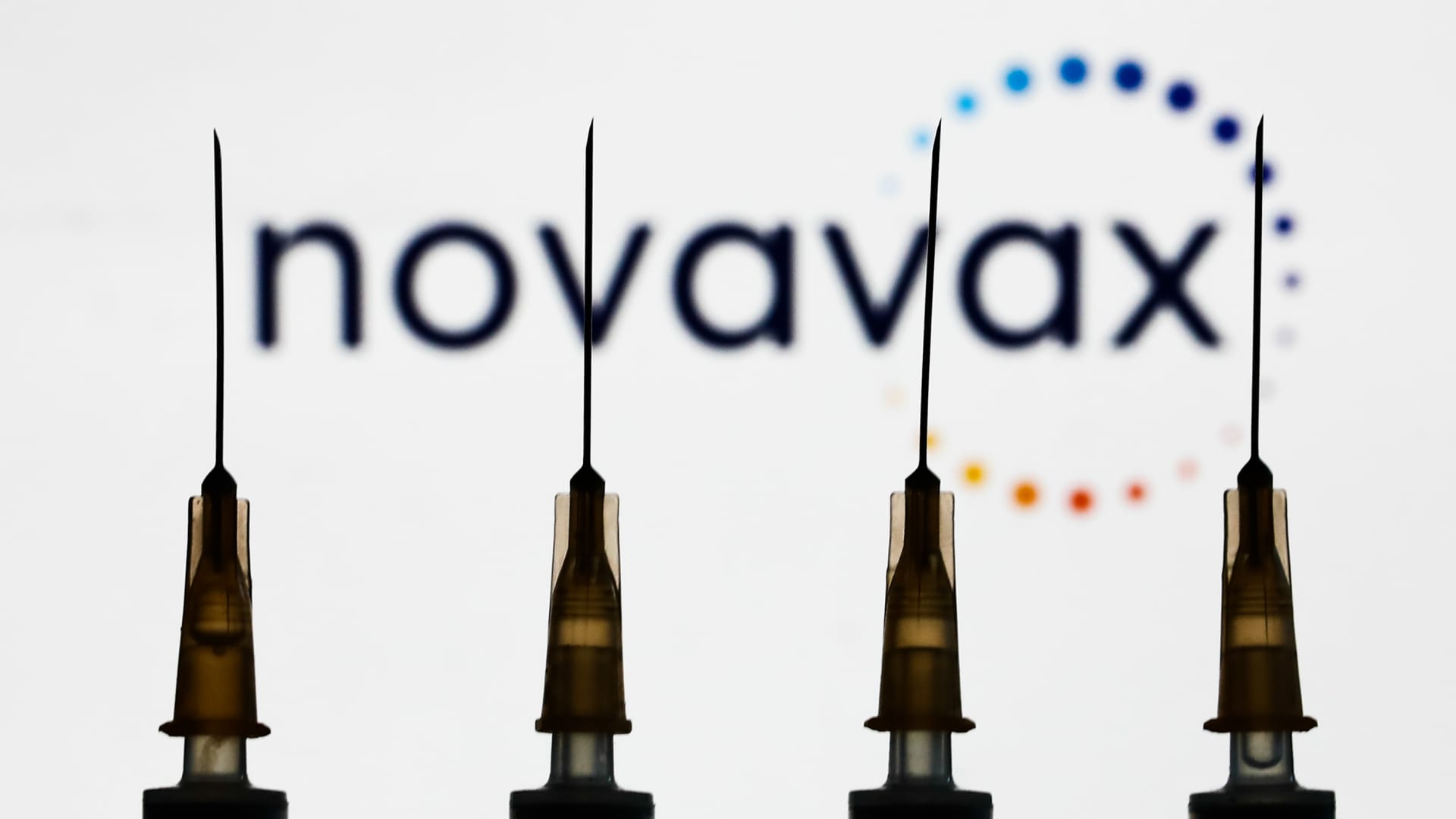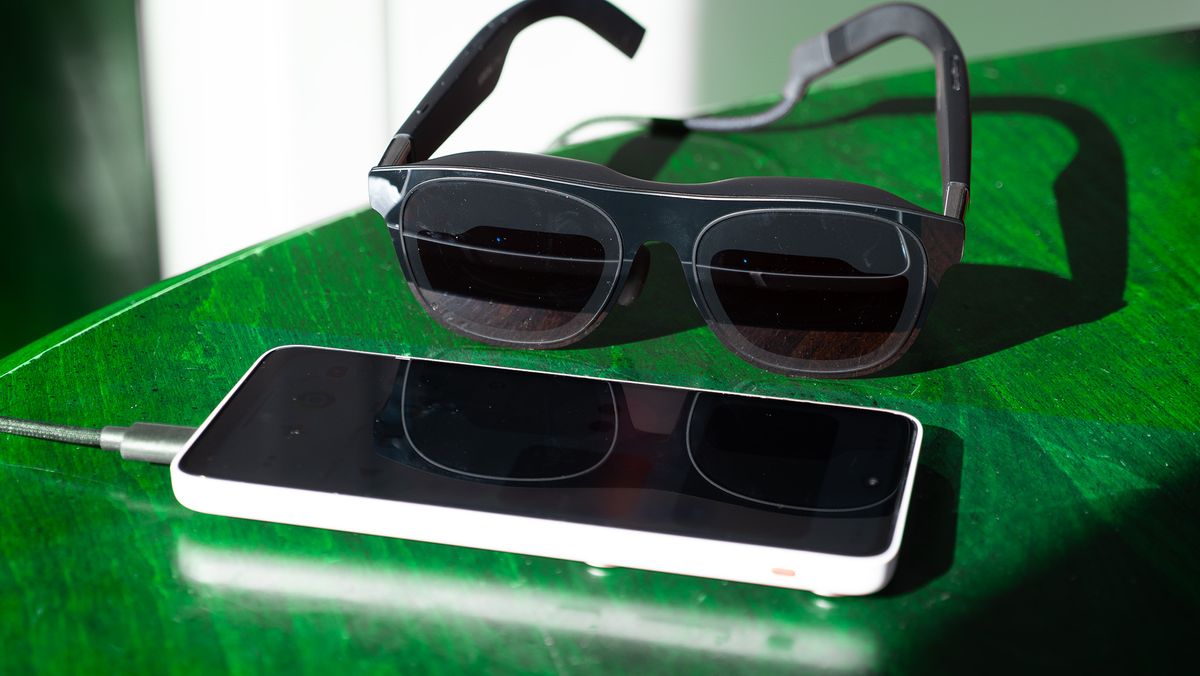Unvaccinated Americans will soon be able to opt for a new kind of shot to protect themselves from the ever-evolving Covid-19 virus: the Novavax vaccine.
The latecomer Covid shot has raised hopes of wider acceptance among vaccine skeptics. It uses traditional protein-based technology, unlike its mRNA counterparts. But experts say it still may not convince a large number of unwilling holdouts to roll up their sleeves and get vaccinated.
“I don’t think a shot like Novavax with well-worn technology is suddenly going to convince unvaccinated people to say, ‘Now, I want to get a vaccine, now I believe a vaccine will keep me out of the hospital and ICU,'” Dr. Paul Offit, the director of the Vaccine Education Center at Children’s Hospital of Philadelphia and member of an independent advisory group to the U.S. Food and Drug Administration, tells CNBC Make It.
On Wednesday, the FDA authorized the Novavax shot for adults ages 18 and up. Once approved by the Centers for Disease Control and Prevention, it’ll only be available as a two-dose primary series, rather than a booster — which means only unvaccinated Americans will be able to receive it.
According to CDC data from early June, roughly 27 million U.S. adults still haven’t received a single Covid shot, posing a significant obstacle for American efforts to finally force Covid into a manageable, endemic phase. The U.S. is already grappling with yet another surge in Covid cases — this time, driven by highly transmissible omicron subvariants like BA.5 — and unless the country’s vaccination rate improves, a more severe variant of concern may soon emerge.
Here’s how Novavax’s Covid vaccine could help, and why many unvaccinated people might still pass on it.
The new vaccine’s appeal to people afraid of mRNA tech
The Novavax shot is the fourth Covid shot to earn FDA clearance in the U.S. and the first to use protein technology — a decades-old method of virus-fighting used in multiple routine vaccinations, like those against hepatitis B and shingles.
It’s highly effective, according to clinical data: Two doses were 90% effective at preventing illness from Covid when tested in a study involving about 30,000 adults ages 18 and older, according to the FDA. Notably, the research was conducted from December 2020 through September 2021, a few months before the emergence of Covid’s omicron variant.
Novavax’s shot works differently than its mRNA counterparts, but achieves the same outcome: teaching your body how to fight Covid. It injects copies of the spike protein — a molecule found on the coronavirus — and an ingredient called adjuvant into your body’s cells, which induces an immune response to the virus.
“Novavax essentially uses the same approach as mRNA vaccines, but they make the protein in a factory. So they’re giving you the protein itself, rather than instructions for your cells to make a protein,” says Dr. Robert Schooley, an infectious disease specialist at UC San Diego Health.
Guy Palmer, a professor of pathology and infectious diseases at Washington State University, says the Novavax vaccine could potentially appeal to Americans who falsely believe that mRNA vaccines are unsafe, due to the technology’s perceived newness and a misconception that they could alter human DNA.
“There’s a slight open door there for a non-mRNA vaccine like Novavax,” Palmer says.
Vaccine denialism is a cultural issue
Unvaccinated Americans may perceive protein-based shots as safer than mRNA ones: In a Morning Consult poll last week, about 28% of unvaccinated people surveyed said they viewed protein-based shots as safe, while only 17% said the same about mRNA vaccines.
But 77% still said they wouldn’t get a protein-based Covid shot if it were authorized in the U.S.
Offit points to a larger problem at hand: Vaccine denialism has become a cultural issue, no matter the technology behind the shots. He says many unvaccinated Americans, especially those who are politically right-leaning, are now fueled by hardwired ideas like government distrust.
In a Kaiser Family Foundation poll released in May, only 14% of Republicans surveyed said they had a “great deal or fair amount of trust” in President Joe Biden to provide reliable information about Covid vaccines. The poll also notes that Republicans are among those with the lowest vaccination rates, at just 55%.
Even today’s most common anti-vaccination argument — that the vaccines are pointless, because they can’t always prevent breakthrough infections — may be a cover for those types of hardwired ideas. (No vaccine is ever 100% effective, and staying up-to-date on your Covid vaccines can significantly lower your chances of severe illness, hospitalization or death.)
“Some say they don’t want an mRNA vaccine, so this protein vaccine can be an alternative. But other people might say I just don’t like vaccines, period. Or I don’t trust the FDA or the government,” Schooley says. “Providing rational explanations and alternatives like Novavax that address some concerns doesn’t necessarily get you past the fact that there’s just an aversion to being vaccinated.”
The Novavax vaccine is still good news
The shot’s entrance into the U.S. market could still be good news, says Dr. Dean Blumberg, chief of the division of pediatric infectious diseases at UC Davis Health.
Another source of vaccine supply is “always good to have” in case other companies have manufacturing difficulties, Blumberg says. It can ensure that an event similar to the recent baby formula shortage won’t happen with Covid vaccines, he adds.
Blumberg also emphasizes that any progress in getting holdouts vaccinated should be celebrated.
“I’m not sure how many of the remaining unvaccinated people in the U.S. are going to be interested in getting this Novavax vaccine — but it’s one more tool in the toolbox,” he says. “Even if just a few people take advantage of getting vaccinated with it, that’s great.”
Offit says Novavax may have a larger impact down the road: Its omicron-specific booster shots may be ready for federal approval this fall or winter, and pre-clinical data shows they could potentially provide enhanced immunity against omicron and its subvariants.
“You have a certain part of the population that is clearly interested in getting as many doses as possible,” Offit says, adding that people could view a Novavax booster as “an advantage” over a shot that’s the same as their previous doses.
Sign up now: Get smarter about your money and career with our weekly newsletter
Don’t miss:
Omicron-specific Covid vaccines could finally be here this fall—here’s what you need to know
Timing, side effects, vaccine selection: Everything you need to know about Covid vaccinations for kids under 5





















Discussion about this post